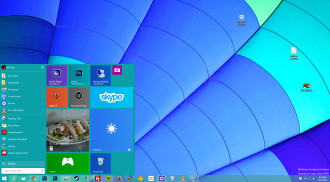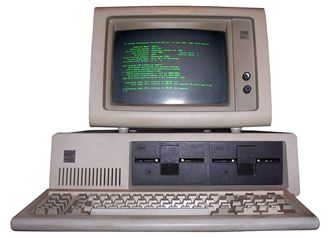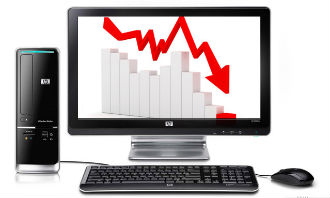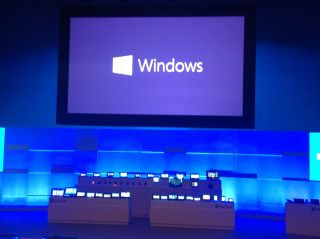 The rise of ransomware attacks is just what corporations needed to finally get off their Windows XP machines and upgrade.
The rise of ransomware attacks is just what corporations needed to finally get off their Windows XP machines and upgrade.
According to the latest numbers from Spiceworks XP is still running on 11 percent of desktops and laptops but the penetration rate has dropped fairly quickly in just the last quarter.
Two years after Windows 10 was launched, the analysis of what is being used out in the market indicates that 60 percent of global organisations have adopted Microsoft’s latest offering.
This means that after hanging on to XP for grim death, SMEs and corporations have finally realised that it is a false economy and that they are leaving themselves open to ransomware attacks.
The SME community has been the most supportive with 67 percent of those firms with 100 to 500 staff moving to the OS.
Spiceworks senior technology analyst Peter Tsai said that widespread ransomware attacks such as WannaCry and Petrwrap have put businesses under pressure to upgrade unsupported operating systems, such as Windows XP and Vista, and move to more secure systems like Windows 10.
“And while Windows XP is still running in some businesses, it’s evident that more companies are beginning to recognise the security risks and prioritise upgrades in order to better secure their networks”, he added.
Spiceworks found that in the last three months the penetration levels of Windows XP fell by 10 percent. Windows 7 remains the most popular OS but 10 continues to grow.















